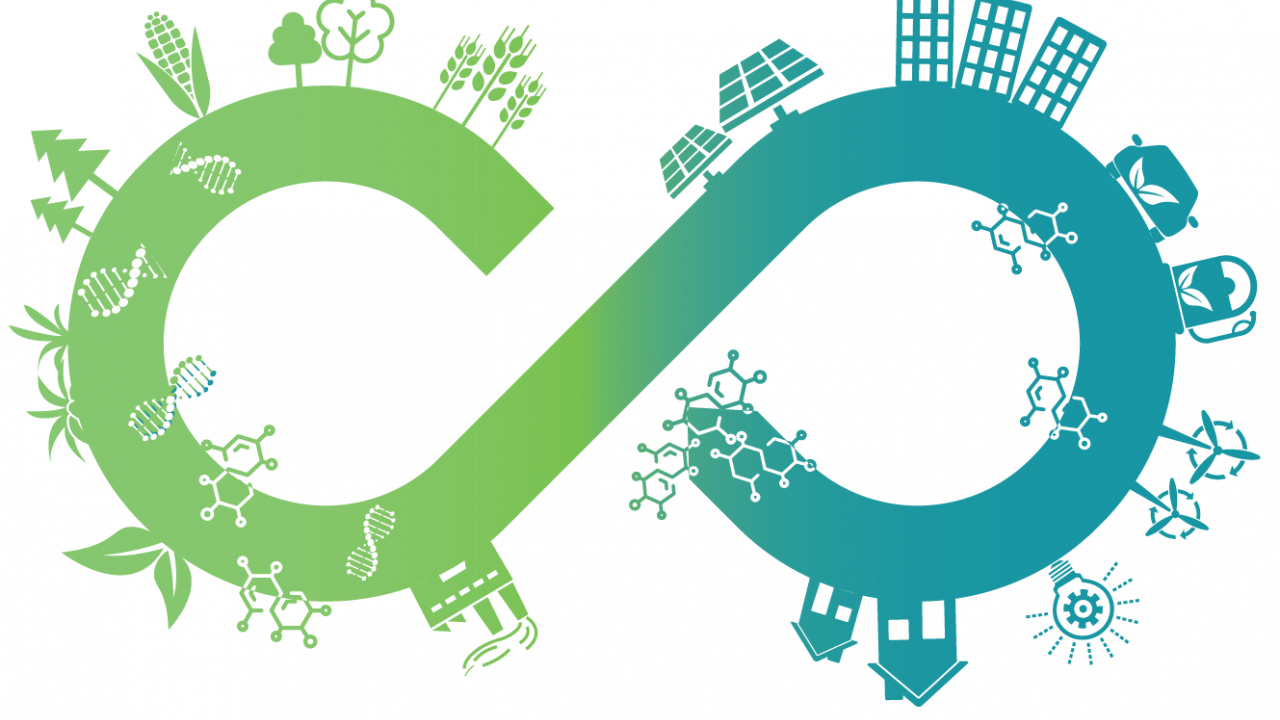UC Davis researchers are taking part in three clean energy grants totaling almost $4.5 million recently announced by the U.S. Department of Energy. The grants are among 15 funded by the Advanced Research Projects Agency – Energy (ARPA-E) with the goal of making production of biofuels more efficient.
Biofuels such as ethanol, biodiesel and other products are usually made by fermentation of organic material. During the conversion process, some amount of carbon from the original material is lost as carbon dioxide. The overall goal of the program is to make biofuel production more efficient by reducing waste and carbon dioxide emissions.
“Biofuel is a powerful tool in the clean energy toolkit that has immense potential to power our ships and airlines with zero carbon emissions,” said Secretary of Energy Jennifer M. Granholm in a news release announcing the grants. “DOE is investing in research to reduce emissions and maximize the availability of efficient biofuel as we strive to reach President Biden’s net-zero carbon goals.”
A grant of $1.6 million was awarded to a team led by Patrick Shih, assistant professor in the Department of Plant Biology, College of Biological Sciences, for a “team approach” to making fuels with microbes. When fermentation is carried out by a single microorganism, efficiency is limited by the unavoidable loss of carbon dioxide from core metabolic processes. But by adding an organism that can generate chemical products from simple molecules such as carbon dioxide, efficiency can be improved because the carbon dioxide produced by one organism is recycled by the other.
Metal catalysts
A grant of just over $1 million to Zymochem, Inc. based in San Leandro, in collaboration with Professors Shota Atsumi and Louise Berben in the UC Davis Department of Chemistry, College of Letters and Science, will fund development of processes that use electricity and novel metal catalysts.
Berben’s lab has developed inexpensive metal catalysts to convert electricity and carbon dioxide into formate that microbes can use as a source of energy. Atsumi’s lab has built fermentation systems that integrate the use of electricity, carbon dioxide and metal catalysts to enable bacteria to both grow and convert sugars into more valuable chemicals.
“In this ARPA-E project, we will combine the UC Davis technologies with Zymochem’s technology for the production of chemicals at 100 percent carbon efficiency,” Atsumi said.
Professor Justin Siegel, also in the Department of Chemistry, will work with Han Li, assistant professor of chemical and biomolecular enginering at UC Irvine on a $1.8 million project on converting carboxylic acids to fuels and products. Compared to sugars, carboxylic acids (an example of which is acetic acid in vinegar) can be made in large quantities from food and industrial wastes. But natural biological pathways for converting carboxylic acid to other products suffer from a low carbon yield. The UCI project will address this with a cell-free enzymatic process. If successful, it will be the first biological platform to convert carboxylic acids into a broad range of fuels and commodities with greater than 100% carbon efficiency.
